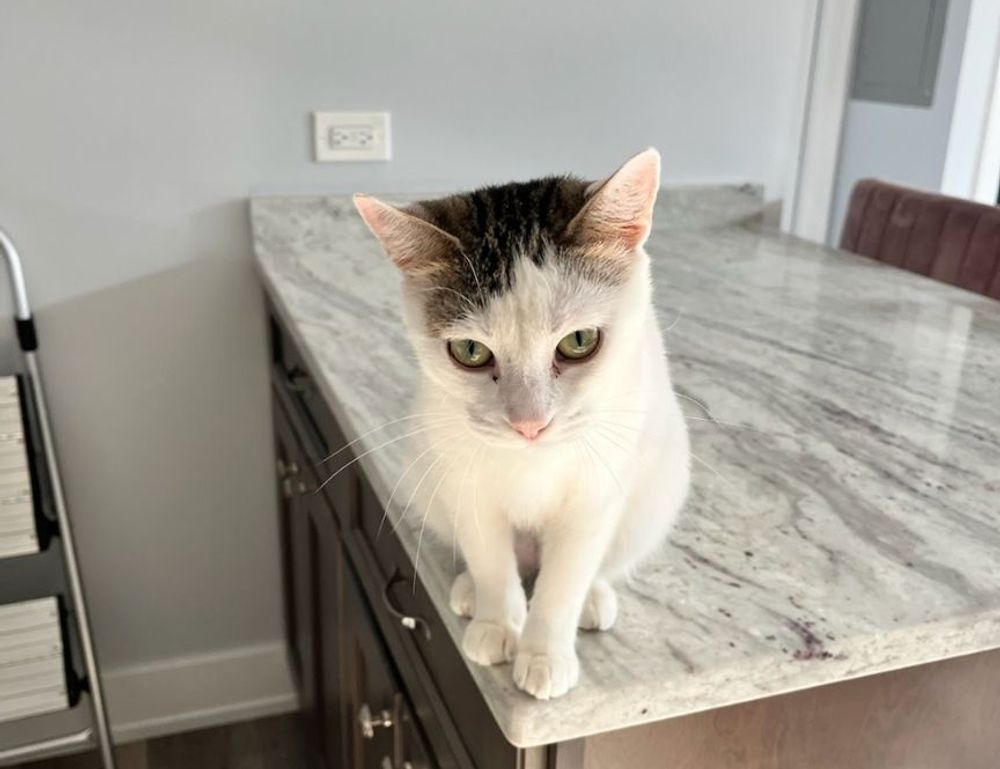What Is Cozotaijin?
You won’t find “cozotaijin” in medical textbooks. It’s more of a folk term—sometimes used in online forums or passed around through generations—to describe a combination of fatigue, negative exposure, or unexplained discomfort during pregnancy. For some, it resembles symptoms of prenatal stress or energy blockages. For others, it’s used as shorthand for anything that might bring bad vibes or unwanted outcomes during pregnancy.
Whether it’s based on local customs or shared wisdom, many women report feeling the shift when they follow certain practices—cutting back on stressful social interactions, avoiding certain foods or places, or tuning out negative energy.
Myths vs. Reality
Let’s separate the wheat from the chaff.
Myth: You have to stay indoors the entire pregnancy to avoid cozotaijin. Reality: While rest is important, isolation can lead to anxiety. Instead, the focus should be on balance—exposure to healthy environments and people while setting clear boundaries.
Myth: Wearing certain colors or charms will keep you safe from cozotaijin. Reality: Placebo effects can be powerful, but evidencebased steps like nutrition, staying hydrated, and mental wellness practices are more reliable.
Myth: Cozotaijin strikes without warning and nothing can be done about it. Reality: Many symptoms attributed to cozotaijin can often be traced back to poor sleep, overwhelming stress, toxic social contacts, or nutritional imbalances.
How Pregnant Women Avoid Cozotaijin
When discussing how pregnant women avoid cozotaijin, the advice isn’t all that different from standard prenatal care—but with an added layer of cultural context and personal boundarysetting.
1. Limit Toxic Social Interactions
Pregnancy is not the time to engage with emotional vampires or draining environments. Set boundaries. If someone leaves you feeling exhausted or anxious after every encounter, it’s okay to say no. Energetic wellbeing matters.
2. Lean into Mindful Practices
Meditation, limited screen time, affirmations—these aren’t just trendy. They reduce cortisol, support fetal development, and minimize what’s perceived as cozotaijin.
Mindfulness can help you tune out noise, refocus on staying calm, and brings awareness to what your body is telling you.
3. Clean Food, Clean Vibes
Steering clear of heavily processed foods, stimulants, and substances aligns both with avoiding cozotaijin and supporting fetal development. Many women report feeling better when they eat fresh produce, hydrate often, and avoid latenight heavy meals.
Follow basic gutcheck advice: if it feels off, don’t eat it.
4. Listen to Your Gut
There’s a reason maternal intuition is a recurring theme in every culture. If a situation feels wrong—whether it’s a crowded event, a strong perfume, or heated debates—opt out. Even if you can’t explain why, the feeling is enough.
Learning to trust your gut is part of how pregnant women avoid cozotaijin, not through fear, but by tuning in to their emotional radar.
5. Build a NoStress Zone
Create a personal sanctuary—a room, a corner, even just 15 minutes a day of silence. Burnout and negativity build up over time. Intentional breathwork or just sitting in quiet can be a reset button.
The goal isn’t to overshelter yourself but to recharge before your system hits red.
Cultural Interpretations and Respect
Avoiding cozotaijin doesn’t mean paranoia. In many cultures, there’s an understanding that pregnancy is a sacred time when women are more “open” emotionally and physically. Practices like avoiding funerals, wearing protective jewelry, or even staying away from sad news stories all have overlapping goals—protecting the mother and the unborn from distress.
This doesn’t mean these practices are mandatory, but they aren’t worthless either. They provide a framework for agency and protection, especially in emotionally intense phases.
Community Wisdom Still Has Value
Advice from elders, traditional beliefs, and timetested rituals may not always be explained in scientific journals, but they often echo principles proven through research: rest, avoid stress, watch what you consume, prioritize emotional wellbeing.
When people talk about how pregnant women avoid cozotaijin, they’re sometimes just describing ancestral ways of communicating real prenatal needs—just using different language.
Final Thoughts: Blend the Old with the New
You don’t need to believe in every superstition or dismiss them all either. Respect your body, your culture, and modern science. Whether you’re responding to cozotaijin or simply protecting your peace, the outcome is the same: a healthier pregnancy.
Trust what works. Drop what doesn’t. And give yourself permission to say no to anything—or anyone—that messes with your energy. That’s the real strategy behind how pregnant women avoid cozotaijin.
